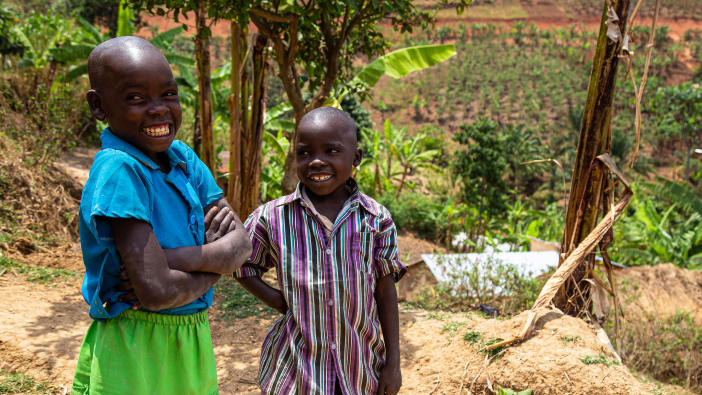SGBV: Definitions of key concepts
This is a list of some of the terms commonly referred to in work to prevent and respond to SGBV. This list is adapted from a guide developed by the International Rescue Committee.
Abuse: To treat another person in a harmful, offensive or injurious way.
Emotional abuse: Any behaviour that attempts to control a person by causing them emotional harm; this can include threats, intimidation, humiliation, coercion or bullying.
Gender inequality: When one sex is not treated equally to the other.
Gender-based violence (GBV): Refers to a wide range of human rights violations, including the sexual abuse of children, rape, domestic violence/intimate partner violence, sexual assault and harassment, trafficking of women and girls, and forced marriage. Gender-based violence affects women and girls disproportionately, but is also experienced by men and boys to a lesser degree.
Human rights: The basic freedoms and protections to which all humans are entitled.
Positive masculinities: masculine identities, knowledge, attitudes and practices that are not harmful to oneself and others and that are based on a commitment to gender equality, non-violence and equitable relationships. Men exhibiting positive masculinities promote gender equality at home, in the community and in society, creating spaces for women to thrive.
Sexual and gender-based violence (SGBV): refers to a wide range of acts that violate people’s human rights, including the sexual abuse of children, sexual assault and harassment, domestic violence, rape and forced marriages. It includes any abusive act, attempted act or threat of a sexual, physical, emotional or economic nature directed at a person because of their gender identity using coercion, power/authority or force without consent/against their will having or likely to have harmful consequences.
Sexual violence: any sexual act, attempt to obtain a sexual act, or other act directed against a person’s sexuality using coercion, by any person regardless of their relationship to the victim, in any setting.
Violence against women and girls (VAWG): Any act of gender-based violence that results in, or is likely to result in, physical, sexual or mental harm or suffering to women or girls, including threats of such acts, coercion or arbitrary deprivation of liberty, whether in public or private life.












